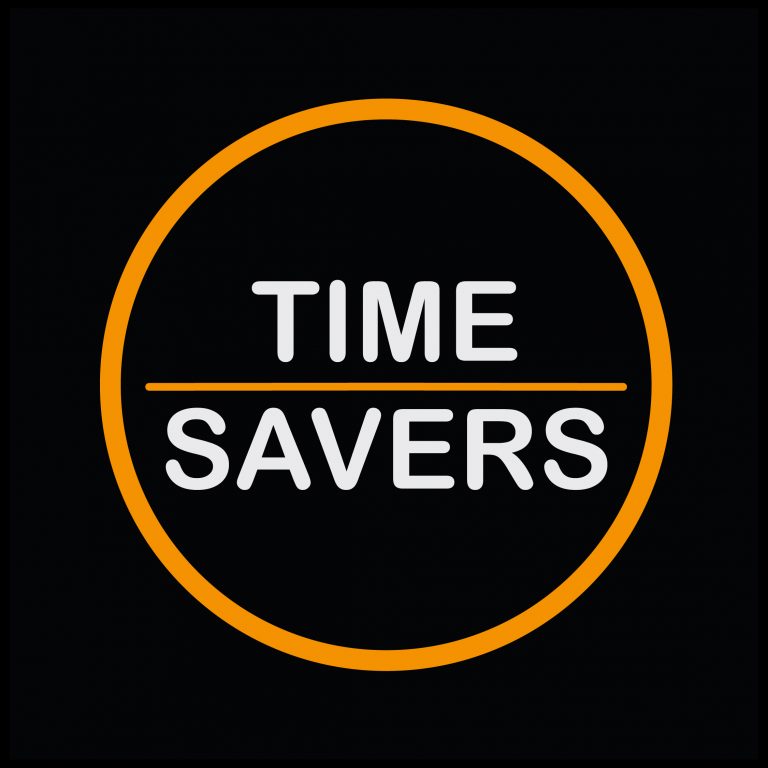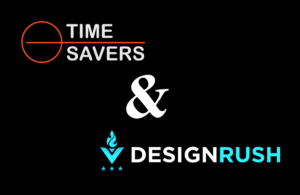Even if your real estate brokerage requires its agents to use their branding standards, you need to develop a personal brand for your real estate business.
Real estate is a unique industry. Individual agents are essentially self-employed professionals, but requirements mean they must operate under the supervision of a broker’s license. This is why agents align with a team or brokerage.
Real estate teams and brokerages develop brand standards and assets that the individual agent either must use or can use. Those brokerage-created branding materials are not part of your personal branding.
A real estate agent’s personal brand is how they generate more leads and increase their real estate business.
What is a personal brand?
Personal branding is a conscious and deliberate way of building a reputation in the industry.
How do you want to be known in your community? That answer–your reputation– is synonymous with your personal brand.
For real estate agents, it’s about how you want your fellow professionals and clients to perceive the professional you: you’re a closer, a tough negotiator, a compassionate professional, super knowledgeable about 1031 exchanges, a neighborhood expert, etc.
Why do you need a personal brand as a real estate agent?
People are going to Google you. Are they going to like what they find?
Personal branding is you taking control of the message. You actively manage your most important asset: your good name. You’ve probably seen in the news how social media posts have come back to haunt people years later – Kevin Hart, Virginia Gov. Ralph Northam, and James Gunn, as examples.
Reputation is critical to creating a successful real estate business. If you’ve been at this a few years, I’d bet that referrals are essential to how you get buyers and sellers. And if you’re new, you’ve probably heard plenty from mentors about how important it is to generate referrals. How do you get those referrals? By crafting a positive reputation.
How do you handle the oft-asked question, “why should I hire you?”
If you have developed a personal brand, the answer is crystal clear. You don’t hesitate or ramble, but deliver a prompt, confident, and succinct response.
Personal branding doesn’t just clarify the “why hire me.” A carefully managed personal brand establishes your credibility as a real estate professional and ensures your business longevity. It’s how you connect with your prospective clients and inspire loyalty.
How is a personal brand different from your brokerage’s brand?
Unless you have your broker’s license, chances are your real estate business is aligned with an existing real estate broker. Boutique or global, these brands come with branding standards. Some companies require you to use their logo, language, and marketing packages.
These brands typically have a high-level value message. Some target convenience, while others promise boutique services or a global reach. All their brand messaging tends to be more generic and broadly focused to attract as large a community as possible.
The thing is, name-dropping your company’s brand isn’t enough. Most real estate clients see real estate agents as essentially executing the same work regardless of the company. They’re more concerned about the qualities of the individual agent than the brokerage logo.
Individual real estate agents have an opportunity to build personal brands that target specific audiences. The fine-tuned messaging will help attract the niche clientele you’re seeking.
Why create a personal brand for real estate?
Even if your broker requires you to use their branding, you still need to develop a personal brand identity.
Depending on your brokerage’s reputation, using those assets in your marketing can be beneficial, especially if you’re newer to the business. Or, they can be a significant drawback when you want to change brokerages or earn your broker’s license and start your own firm.
Real estate agents are apt to change their brokerage at least once in their career. And those clients you generated? Are they going to stick with the brokerage or stick with you?
Chances you, they’re going with you. They have developed a relationship with you, not the brokerage. They trust YOUR brand, whether you’ve deliberately created one or not.
Building a personal brand strategy that stays with you makes it easier to jump ship, spin off into your own brokerage, and manage your career.
What goes into personal branding?
When we talk about “branding,” people automatically assume we’re talking about logos and color schemes. It’s a common misconception. Those things are reflections of your brand; they are not the brand.
Real estate personal branding identifies what you offer that no one else does. It’s the secret sauce that makes you tick, the special characteristic that makes you different, or the value you bring to the real estate deal.
The assets we create for marketing serve the purpose of reinforcing your brand identity and message.
That said, branding involves a range of work, such as:
- Building a website
- A logo
- A social media strategy
- Visual standards to establish consistency
- Writing articles
- Creating videos
- Running digital ads
- Running print ads
You may use any of these in combination as part of your branding strategy. The cost of creating a brand varies. You can build these resources yourself–check out these free marketing resources. Or, for a more put-together real estate brand strategy, outsource to a freelancer, or hire a company with branding experience.
How to Build a Personal Brand
Find your value proposition
This is the most critical step in the personal branding process.
Landing on your value proposition is a two-phase process. Start by:
- Knowing your audience. Describe your typical clientele, both demographically and in their real estate needs. Be specific in identifying your target audience and their pain points.
- What is it you uniquely offer that the competition misses? Do you run your business differently or have a value you provide?
Once you establish these two answers, connect the dots. How does the value you bring to the table address your target audience’s needs? Write these into concise statements. A few examples to get you started:
- I help distressed homeowners solve their real estate problems.
- I’m a small business advocate who knows what it takes to get your location off the ground.
- I’m a Denver vacation rental expert helping investors find the best properties to grow long-term wealth.
A final note about finding your value proposition: BE AUTHENTIC. Your value proposition must align with your offline reality. If you cultivate a witty brand voice, but in person lack a sense of humor, there’s going to be a disconnect. Subconsciously, it will lead to client distrust and a convoluted reputation.
Identify ways to communicate that value proposition
With an established value proposition, think about how your marketing work will align with your value proposition. Look at:
- The type of content that will best communicate your value to the target audience
- The language and colors most appealing to your target audience
- Any specific digital marketing campaigns that will build your value proposition
- Creating a personal real estate website
Write a brand strategy
It’s best to write down your personal brand strategy. It will keep you accountable to your brand standards. As your business grows and you bring on outside team members or hire digital marketing help, having a document with brand standards makes it easier to stay consistent.
Your written brand strategy should have:
- Your value propositions
- Target audience profile
- Visual brand standards
- Language brand standards (tone and voice of content)
- Strategies you use
Be consistent
Remember, brand-building is a long-term effort. Successful brands may tweak their language and look every few years, but they rarely make full deviations. Look at Microsoft, Apple, Coca-Cola, UPS, Amazon. If you trace their branding history, you’ll see they only change every few years, and what does change is small. Usually, it’s to keep with new graphic trends.
When brands do make a significant overhaul, it’s usually because something momentous has happened, like a merger or an acquisition. Or, it can be to distance themselves from a toxic brand culture.
The point is, smart brands take the time early in their foundation to establish their value and then let that brand work simmer. The longer they hold onto their brand identity, the more they gain in brand awareness and reputation.
So don’t keep changing your real estate brand assets, even if you think it’s not working. Give it time. Stay consistent in your look and voice.
Get professional help
You got into real estate because you like helping people. You’re a whiz at solving complex problems. You didn’t necessarily get into real estate because you are a master marketer.
That’s why it’s okay to leverage resources to help build your personal brand. Not everyone is a graphic designer, a writer, or a web developer. As your brand builds momentum, you’ll want to keep the focus on your clients. Experts, like those at Digital Time Savers, can take over the branding strategy so you keep delivering exceptional customer service.
Building your real estate personal brand
A strong personal brand reaps benefits for building your real estate business. It makes you more discoverable to prospective clients, convinces them to learn more about your real estate services, and gives them a clear idea of what you’ll offer them. With a clear personal brand, you control your messaging and reputation.
A lot of work goes into personal branding. Remember, at its heart, a personal brand is showing your real estate expertise and how you are set apart from your competition. There’s a saying real estate agents are a dime a dozen; prove you’re a quarter.
Thumbnail Designed by Freepik.com















